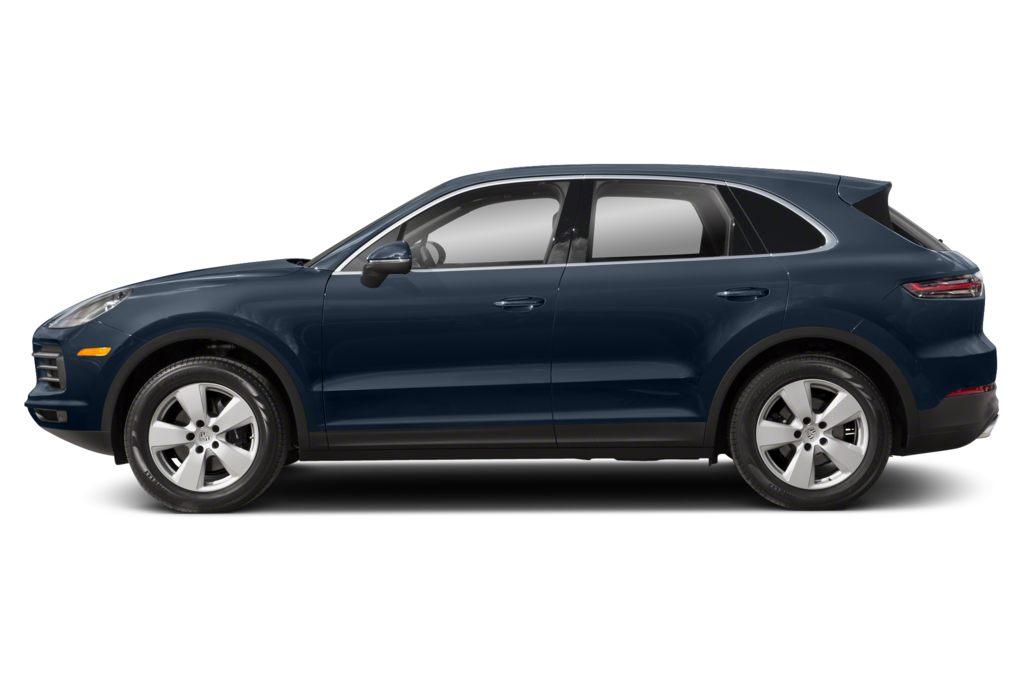Laguna Hills, CA – December 19, 2018 – Porsche Cars North America, Inc. (Porsche) is recalling certain 2018 Porsche Panamera Turbo S Hybrid Executive, Panamera 4 Hybrid, Panamera Turbo S Hybrid, Panamera 4 Hybrid Executive, Panamera 4 Hybrid Sport Turismo, and Panamera Turbo S Hybrid Sport Turismo vehicles due to potential corrosion in the brake lines. The potential number of units affected is 112.
The Defect
According to the NHTSA Recall Safety Report, the brake lines installed on the front axle may corrode over time. Due to the corrosion within the line, it is possible that the filter of the hydraulic unit may become clogged by corrosive particles, which may affect the front axle braking performance. Braking ability that is reduced due to a corroded brake line can increase the risk of a crash. Due to corrosive particles within the brake line and a potentially congested hydraulic unit, the braking performance of the front axle may be impaired.
Timeline of Events
On October 8, 2018, the vehicle production plant discovered brake lines with signs of corrosion. An analysis revealed a negative production influence which had been caused by the supplier. On November 12, 2018, this matter was presented to the Working Group of the Product Safety Committee at Dr. Ing. h.c. F. Porsche AG, and on November 21, 2018, the Product Safety Committee determined that this was a case of a safety defect and decided to implement a voluntary safety recall.
The Solution
Porsche will notify owners of the affected vehicles to be recalled to the workshop to have the brake line and other possibly damaged braking components (e.g. hydraulic unit) replaced by the dealer with parts manufactured according to specification, free of charge. The recall is expected to begin January 27, 2019. Owners may contact Porsche customer service at 1-800-767-7243. Porsche’s number for this recall is AJ11. Owners may also call the National Highway Traffic Safety Administration Vehicle Safety Hotline at 1-888-327-4236 (TTY 1-800-424-9153). The NHTSA Campaign Number for this recall is 18V-841.

